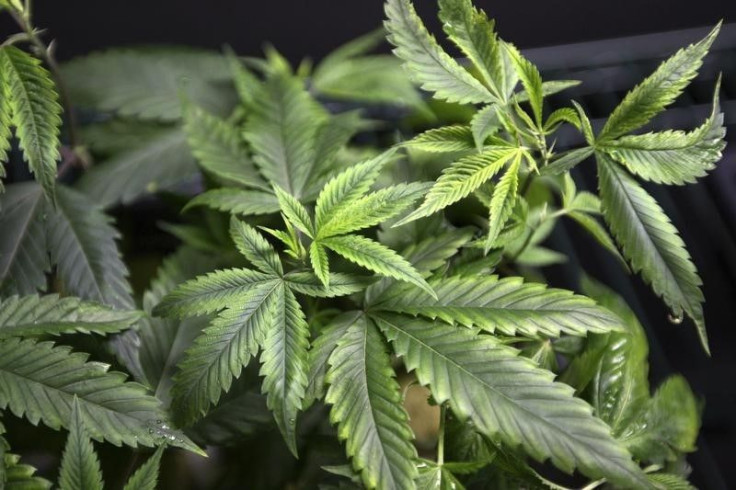Daily Pot Smoking On U.S. College Campuses At 35-Year High: Study

(Reuters) - The number of U.S. college students smoking marijuana every day or nearly every day is greater than it has been in 35 years, according to a study released on Tuesday.
Nearly 6 percent of college students reported using pot daily or near-daily in 2014, up from 3.5 percent in 2007 but less than the 7.2 percent recorded in 1980, the University of Michigan's Monitoring the Future study found.
Less frequent pot smoking was also on the rise, according to the study, although not as sharply.
"It's clear that for the past seven or eight years there has been an increase in marijuana use among the nation's college students," said Lloyd Johnston, the study's principal author. "And this largely parallels an increase we have been seeing among high school seniors."
Loosened marijuana policies in states across the country have likely contributed to a rise in use by teens and young adults, who increasingly perceive the drug as harmless, the study said.
In 2014, 35 percent of 19-to-22-year-old high school graduates said they thought regular marijuana use was dangerous compared to 55 percent in 2006, the study said.
Nationwide, attitudes about marijuana have notably changed recently, with Colorado and Washington state voting to legalize recreational use in 2012 and Oregon, Alaska and the District of Columbia following suit.
The percentage of college students using any illicit drug also rose to 41 percent in 2014, compared to 34 percent in 2006, an increase driven mostly by the uptick in marijuana use, the study said.
However, the use of many illicit drugs by college students has dropped off, including synthetic marijuana which decreased to 0.9 percent in 2014 from 7.4 percent in 2011, when it was first included in the survey. Drugs like heroin and LSD have remained low in recent years.
Amphetamines, often used to aid studying or test taking, and ecstasy, usually considered a party drug, continue to be popular illicit drugs used by college students, but their use has begun to level out or decline.
Cocaine may be making a comeback on college campuses, with 4.4 percent in 2014 reporting to have used the stimulant in the past 12 months compared to 2.7 percent in 2013.
Monitoring the Future, used by federal health officials to track data on youth substance abuse, surveyed between 1,000 and 1,500 full-time college students for the study, which has been conducted annually since 1980.
(Reporting by Laila Kearney in New York; Editing by Eric Beech)



























